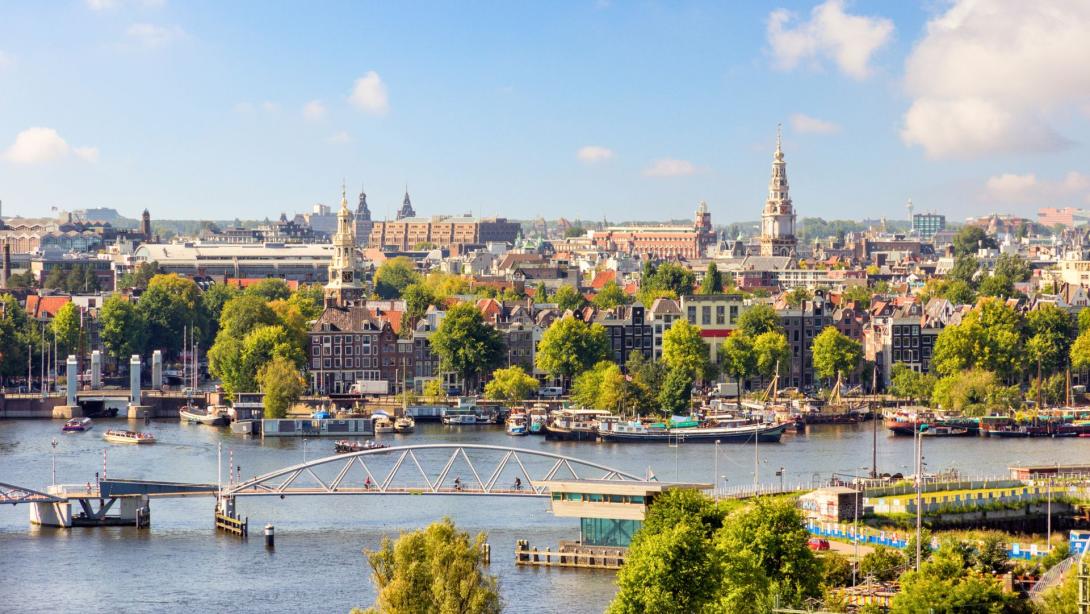
The Netherlands has an economy characterised by openness, technological development, and prosperity. It is located adjacent to Germany and Belgium by land, and the United Kingdom by sea. The country’s infrastructure includes one of Europe’s largest ports and a high-traffic airport.
Companies establish operations in the Netherlands for various reasons, including support for sectors such as life sciences, pharmaceuticals, and agrifood. The Netherlands is active in sustainability initiatives within Europe. SPVs are incorporated in the Netherlands for multiple uses. While they were previously created primarily to utilise the country’s network of tax treaties, SPVs are now more commonly formed to facilitate the investment activities of international organisations and investors.
Five reasons to choose the Netherlands for your SPV
The Netherlands is a mature financial services centre with a long history of establishing SPVs for a wide range of purposes. The speed and seamlessness of incorporation is guaranteed by a large and experienced professional services ecosystem of notaries, law firms, tax advisors, banks and corporate outsourcers.
The Netherlands is set up for businesses that want to innovate. A favourable corporate tax structure and a number of specific incentives encourage R&D. Infrastructure investment means the Netherlands has one of the highest rates of broadband penetration in the world.
An open economy is encouraged by stable government, a business-friendly environment and a well-educated and multilingual workforce. Nearly everyone speaks English as well as Dutch. For these reasons, large numbers of multinational companies choose the Netherlands as their entry point into Europe.
The Dutch tax framework is supportive. Companies that establish SPVs in the country enjoy access to a large network of double tax treaties. At 19% on the first €200,000 of taxable profits and 25.8% thereafter, the corporate tax rate is competitive in a European context and the tax regime is straightforward and stable. These tax rates have not changed over the past three years.
International businesses can structure an SPV in a number of ways. As well as limited companies and partnerships, many entities are set up as foundations, branch offices and orphan structures, which attract different regulatory treatments. The most common entity structure is the besloten vennootschap, an extremely flexible LLC that is popular as both a holding and an operational company.
How can Ocorian support SPVs in the Netherlands?
We provide expertise in the bespoke set-up, management and administration of Dutch holding and finance companies, facilitating our clients’ administrative needs so they can expand into Europe. We simplify corporate processes and strengthen governance, allowing our clients to concentrate on growth and improve operational efficiency.
To learn more about incorporating a company in the Netherlands, contact our team today and download our useful jurisdictional SPV guide.


